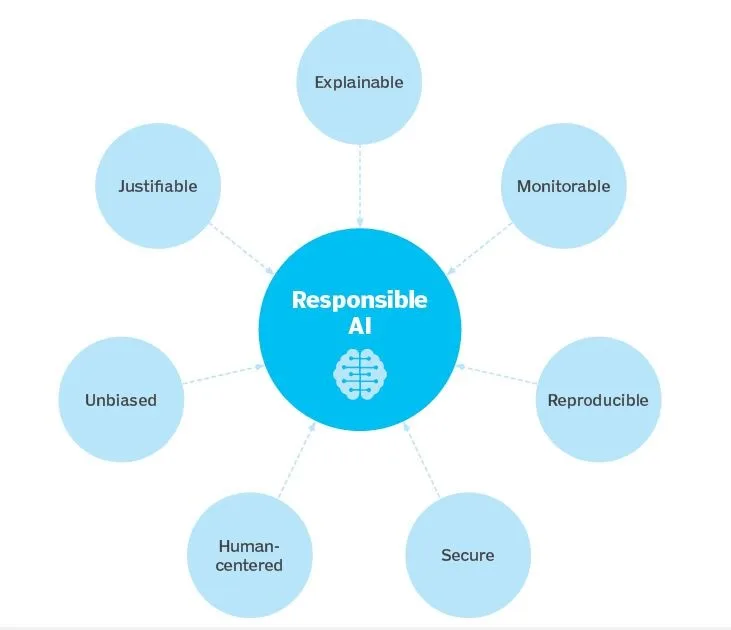Syllabus: GS3/Economy
Context
- The International Labour Organisation’s (ILO) has released the World Employment and Social Outlook: September 2024 Update.
Major Findings
- The ILO analysed the impact of technological innovations over the last two decades across 36 countries
- It noted that these innovations have produced persistent increases in labour productivity and output but they can also reduce the labour income share.
- The global labour income share, which represents the portion of total income earned by workers, fell by 0.6 percentage points from 2019 to 2022 and has since remained flat.
- COVID-19 pandemic was a key driver of this decline, with nearly 40% of the reduction in the labour income share occurring during the pandemic years of 2020 to 2022.
- The crisis exacerbated existing inequalities, particularly as capital income continues to concentrate among the wealthiest, undermining progress towards SDG 10, which aims to reduce inequality within and among countries
What is AI?
- Artificial intelligence (AI) is a wide-ranging branch of computer science concerned with building smart machines capable of performing tasks that typically require human intelligence.
- Artificial intelligence allows machines to model, or even improve upon, the capabilities of the human mind.
- And from the development of self-driving cars to the proliferation of generative AI tools like ChatGPT and Google’s Bard, AI is increasingly becoming part of everyday life — and an area every industry are investing in.
Advantages of AI
- Good at detail-oriented jobs: AI has proven to be good at diagnosing certain cancers, including breast cancer and melanoma.
- Reduced time for data-heavy tasks: AI is widely used in data-heavy industries, including banking and securities, pharma and insurance, to reduce the time it takes to analyze big data sets.
- Delivers consistent results: The best AI translation tools deliver high levels of consistency, offering even small businesses the ability to reach customers in their native language.
- Can improve customer satisfaction: AI can personalize content, messaging, ads, recommendations and websites to individual customers.
- AI programs do not need to sleep or take breaks, providing 24/7 service.
Disadvantages of AI
- Expensive.
- Requires deep technical expertise.
- Limited supply of qualified workers to build AI tools.
- Reflects the biases of its training data, at scale.
- Lack of ability to generalize from one task to another.
- Eliminates human jobs, increasing unemployment rates.
- Unethical use of artificial intelligence.
Ethical Use of AI
- While AI tools present a range of new functionality for businesses, the use of AI also raises ethical questions because, for better or worse, an AI system will reinforce what it has already learned.
- This can be problematic because machine learning algorithms, which underpin many of the most advanced AI tools, are only as smart as the data they are given in training.
- Because a human being selects what data is used to train an AI program, the potential for machine learning bias is inherent and must be monitored closely.

- AI’s ethical challenges include the following: bias due to improperly trained algorithms and human bias; misuse due to deep fakes and phishing; legal concerns including AI libel and copyright issues; elimination of jobs; and data privacy concerns, particularly in the banking, healthcare and legal fields.
Way Ahead
- Countries must take action to counter the risk of declining labour income share.
- Policies that promote an equitable distribution of economic benefits, including freedom of association, collective bargaining and effective labour administration, to achieve inclusive growth, and build a path to sustainable development for all.
Source: TH
Previous article
CVC Report on Corruption Complaints
Next article
India and Singapore Elevated Ties